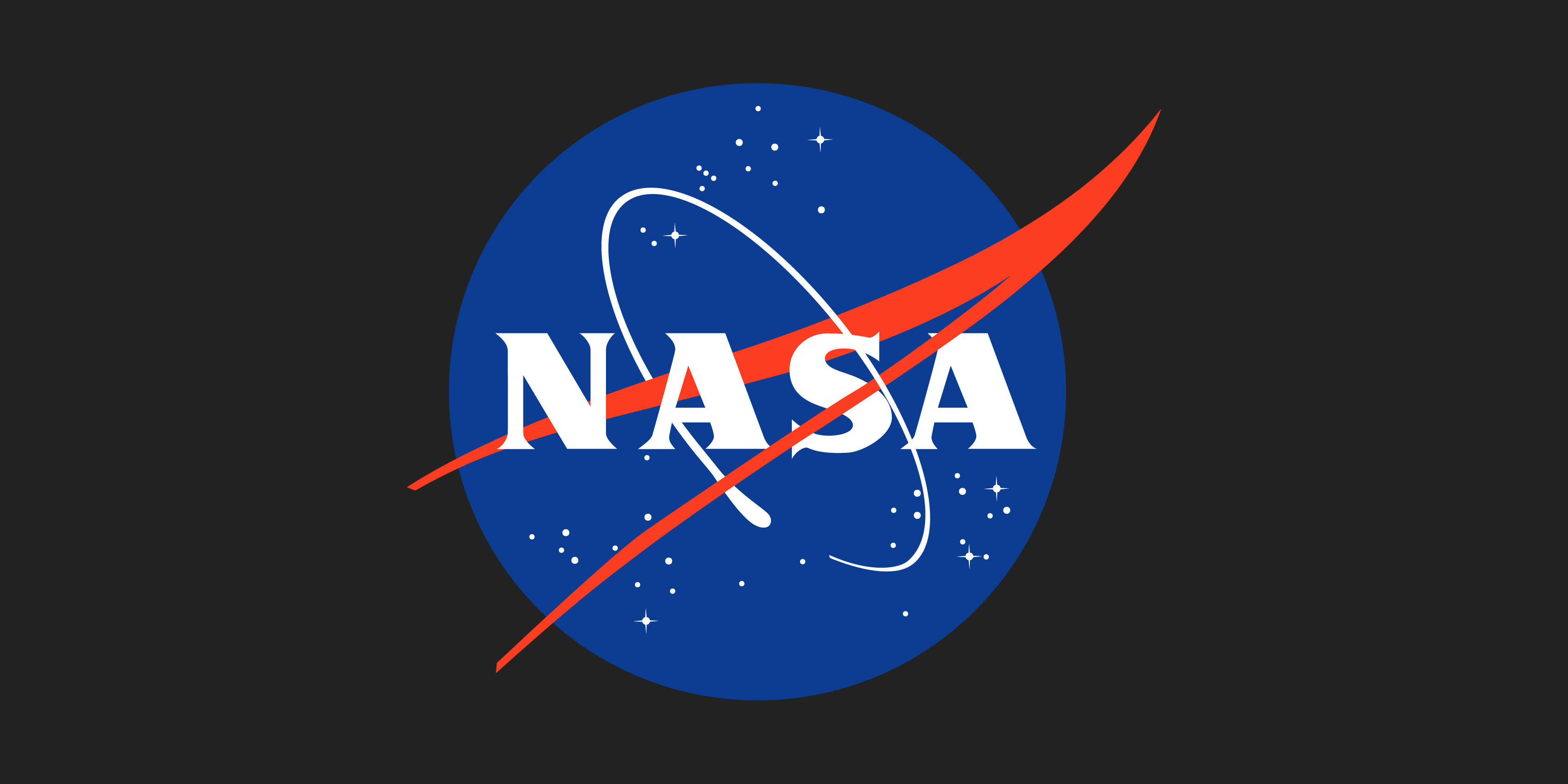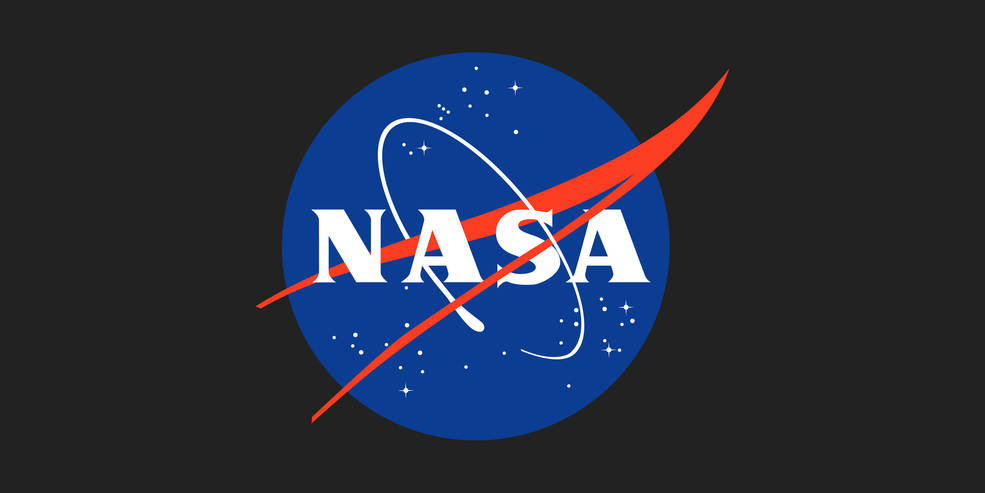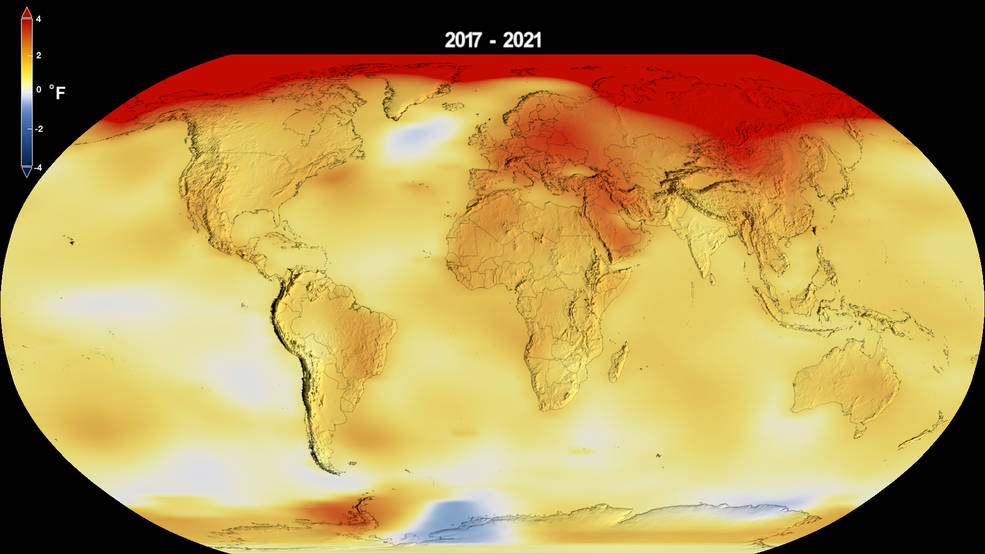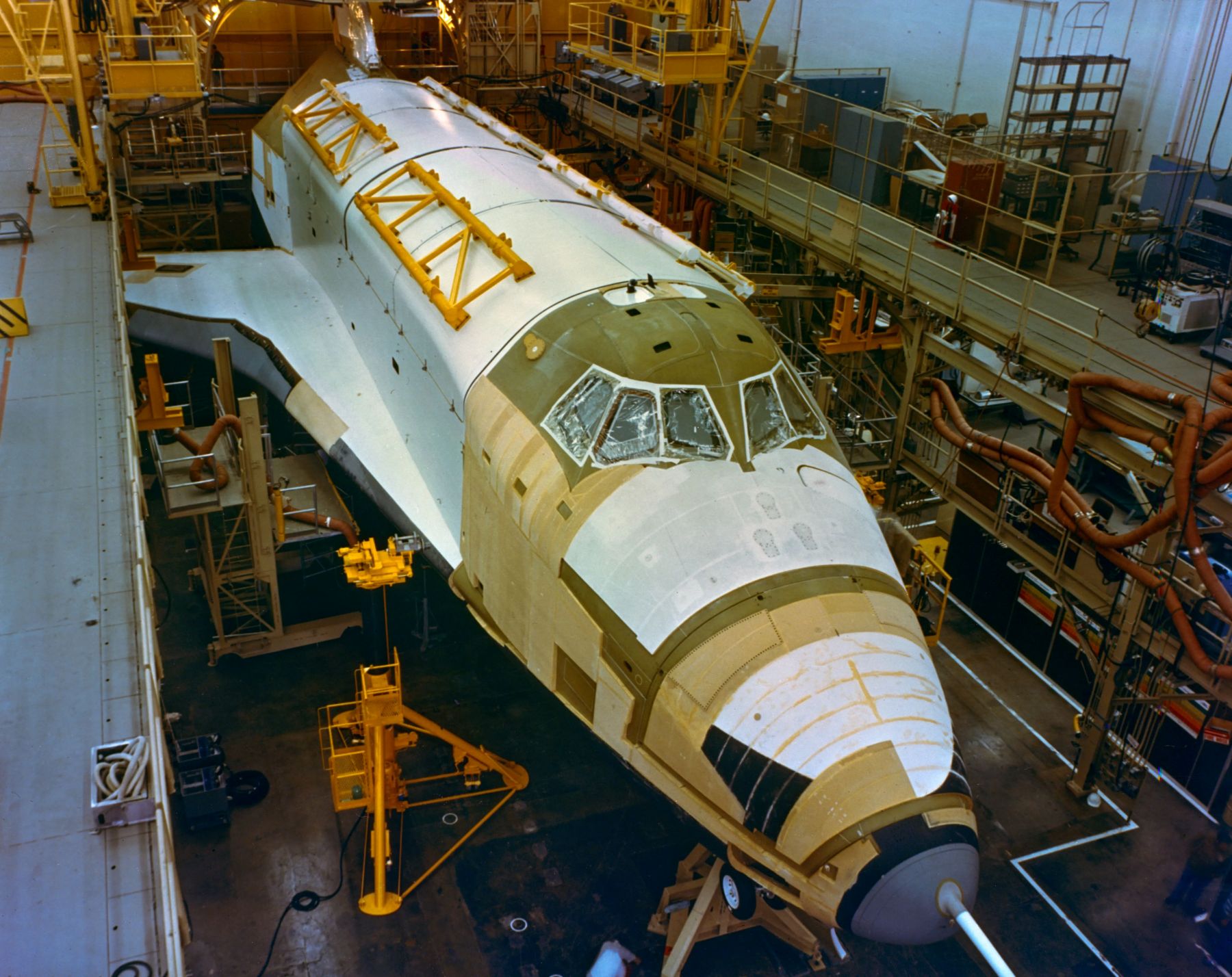NASA Selects Two Teams to Advance Life Sciences Research in Space

NASA announced two awards Thursday to establish scientific consortia – multi-institutional coalitions to conduct ground-based studies that help address the agency’s goals of maintaining a sustained human presence in space. These consortia will focus on biological systems research in the areas of animal and human models, plants, and microbiology. When fully implemented, the awards for these consortia will total about $5 million.
Space biology efforts at NASA use the unique environment of space to conduct experiments impossible to do on Earth. Such research not only supports the health and welfare of astronauts, but results in breakthroughs on diseases such as cancer and neurodegenerative disorders to help protect humanity down on the ground.
The awards for the two consortia are for the following areas:
- Studying space biosphere. The Biology in Space: Establishing Networks for DUrable & REsilient Systems consortium involves a collaborative effort between human/animal, plant, and microbial biologists to ensure an integrated view of the space flight biosphere by enhancing data acquisition, modeling, and testing. It will include participation of more than thirty scientists and professionals working together from at least three institutions. Led by Kristi Morgansen at the University of Washington in Seattle, Washington.
- Converting human waste into materials for in-space biomanufacturing. The Integrative Anaerobic Digestion and Phototrophic Biosystem for Sustainable Space Habitats and Life Supports consortium will develop an anaerobic digestion process that converts human waste into organic acids and materials that can be used for downstream biomanufacturing applications in space. It will include eight scientists from six different institutions in three different states, including Delaware and Florida. The consortium is led by Yinjie Tang at Washington University in St. Louis, Missouri.
Proposals for these consortia were submitted in response to ROSES 2024 Program Element E.11 Consortium in Biological Sciences for a consortium with biological sciences expertise to carry out research investigations and conduct activities that address NASA’s established interests in space life sciences.
NASA’s Space Biology Program within the agency’s Biological and Physical Sciences division conducts research across a wide spectrum of biological organization and model systems to probe underlying mechanisms by which organisms acclimate to stressors encountered during space exploration (including microgravity, ionizing radiation, and elevated concentrations of carbon dioxide). This research informs how biological systems regulate and sustain growth, metabolism, reproduction, and development in space and how they repair damage and protect themselves from infection and disease.
For more information about NASA’s fundamental space-based research, visit https://science.nasa.gov/biological-physical




